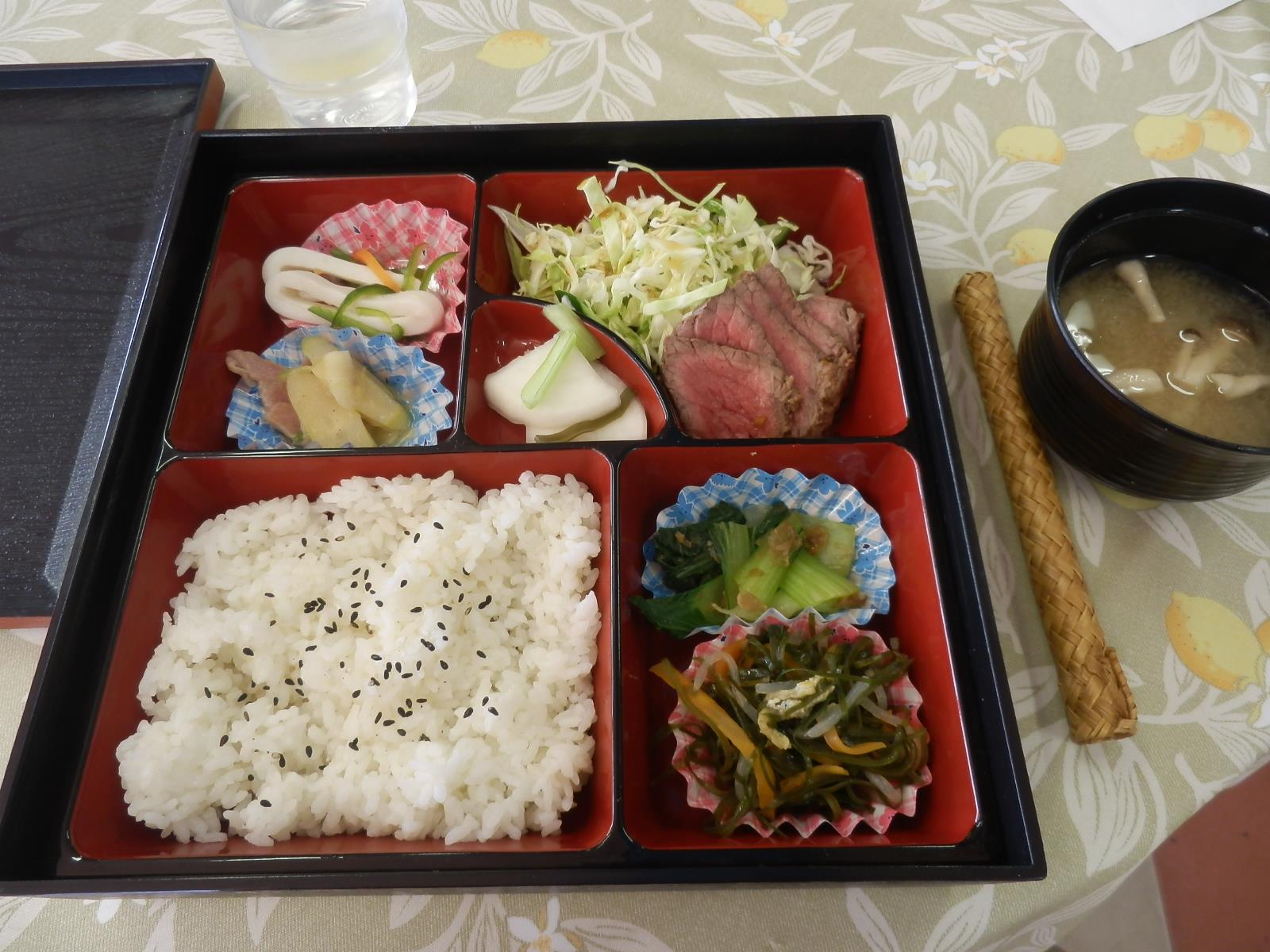__________________________________________
Date and Time: Sunday, 24 April – 1:30pm – 4:30pm
Speaker: Patrick Dougherty
Location: AIINA Rm 602 (map https://goo.gl/maps/kEQo5UV2jPr)
Fee for JALT members: Free
Fee for one-day members: 1,000 yen (500 yen for students)
___________________________________________
Imbuing Student Heritage into the English as a Foreign Language Classroom: Projects from Japan and the United Arab Emirates
The idea of using students’ native culture in the English as a Foreign Language (EFL) or English as a second language (ESL) classroom is not new. The topic has been researched and the benefits identified. One of the primary reasons the use of native culture is beneficial in the EFL/ESL classroom comes from schema theory research. Studies have shown that students’ comprehension and retention of target language material is improved when familiar cultural contexts are used in the classroom (Post and Rathet, 1996). If a goal of learning a language is improved cultural understanding, than the question may be asked, why should this not extend to a cultural understanding of one’s native culture and heritage? As Rebecca Chism (2005) stated, the “goal in a language classroom is intercultural understanding, not only the understanding of another culture but of one’s own culture as well (p. 2).” Chism’s study of the inclusion of Chinese culture in English language classrooms in Taiwan pointed out that the vast majority of textbooks being utilized in the local classrooms were focused on American or world culture and cultural constructs. This resulted in a situation where Taiwanese students were comfortable and able to discuss American and world culture but had not learned the vocabulary or enough background to dialogue on their own culture (Chism, 2005, p. 2). The same situation can apply to students from a variety of cultural and heritage backgrounds (Dougherty and Dougherty, 2006). What this presentation will do is introduce three projects that have been undertaken to encourage EFL students to explore their own heritage. They are applicable to any teaching environment from primary to adult, and have been used in both EFL and ESL settings.
Bio
Prof. Patrick Dougherty, Ed.D.
Patrick Dougherty holds a Doctorate in Education from Northern Arizona University. He is currently a professor of International Liberal Arts and Director of the English for Academic Purposes Program and Foreign Language Education at Akita International University in Japan. He is also the Chair of Publications for Teachers Helping Teachers and the President of the Akita Chapter of JALT.
Prior to that he lived and worked in the United Arab Emirates (UAE) where his last post was as Chair of Graduate Programs in Education for the Higher Colleges of Technology. While serving in that capacity, he worked with colleagues to create a tele-presence supported distributed course delivery (TSDCD) system to allow students in remote locations to participate in degree programs. Additionally, he served as the editor for two volumes of a book series he began entitled, Perspectives from Experience: Education in the United Arab Emirates. These volumes were an effort to bring research from Emirati and UAE-based education professionals to the attention of the world-wide academic community.
His own research interests are in teacher training and development, the uses of creative writing and student heritage in the language classroom, and the impact of distance learning modalities on pedagogy. Lastly, Prof. Dougherty has worked in education for twenty-eight years. He spent fourteen of them as a high school supervisor and teacher in the United States and Japan prior to moving into higher education. He has taught and served as an administrator at universities in the United States, Japan, Bangladesh, and the United Arab Emirates.


 chers come to Japan because of a desire for a temporary overseas adventure, but some decide to make Japan their permanent home and English language teaching their career. In particular, my research focused on foreign women who are married to Japanese men. These women must deal with the racially motivated employment constraints that affect all foreign EFL teachers in Japan, but unlike their male counterparts, they must also navigate gendered waters that primarily view women as wives and mothers. The participants of my larger study are women ranging in age from 25 to 64, and they have lived, worked, and taught in various contexts. My talk at Iwate Jalt,however, will focus mainly on one participant who has been living in a conservative and remote rural area in Japan for twenty years. Through “Victoria’s” narratives obtained from multiple interviews, I will describe the twists and turns of her personal and professional journey in Japan, which began with her teaching as an ALT on the JET program. Using Gee’s (2000) theoretical lens, I will describeVictoria’s resistance in accepting gendered and racial identity characteristics ascribed to her by others, and how she resourcefully turned them into achieved identity characteristics of her own making. The second part of the presentation will be a workshop, where participants will be invited to analyze and discuss their own personal and professional identity development using the four perspectives from Gee’s theoretical framework. Participants will hopefully become more aware that their own personal and professional identity development is the result of interaction with numerous people,not only with students, colleagues, and school administrators, but also with teachers’ own families and with members of the local community as well.
chers come to Japan because of a desire for a temporary overseas adventure, but some decide to make Japan their permanent home and English language teaching their career. In particular, my research focused on foreign women who are married to Japanese men. These women must deal with the racially motivated employment constraints that affect all foreign EFL teachers in Japan, but unlike their male counterparts, they must also navigate gendered waters that primarily view women as wives and mothers. The participants of my larger study are women ranging in age from 25 to 64, and they have lived, worked, and taught in various contexts. My talk at Iwate Jalt,however, will focus mainly on one participant who has been living in a conservative and remote rural area in Japan for twenty years. Through “Victoria’s” narratives obtained from multiple interviews, I will describe the twists and turns of her personal and professional journey in Japan, which began with her teaching as an ALT on the JET program. Using Gee’s (2000) theoretical lens, I will describeVictoria’s resistance in accepting gendered and racial identity characteristics ascribed to her by others, and how she resourcefully turned them into achieved identity characteristics of her own making. The second part of the presentation will be a workshop, where participants will be invited to analyze and discuss their own personal and professional identity development using the four perspectives from Gee’s theoretical framework. Participants will hopefully become more aware that their own personal and professional identity development is the result of interaction with numerous people,not only with students, colleagues, and school administrators, but also with teachers’ own families and with members of the local community as well.